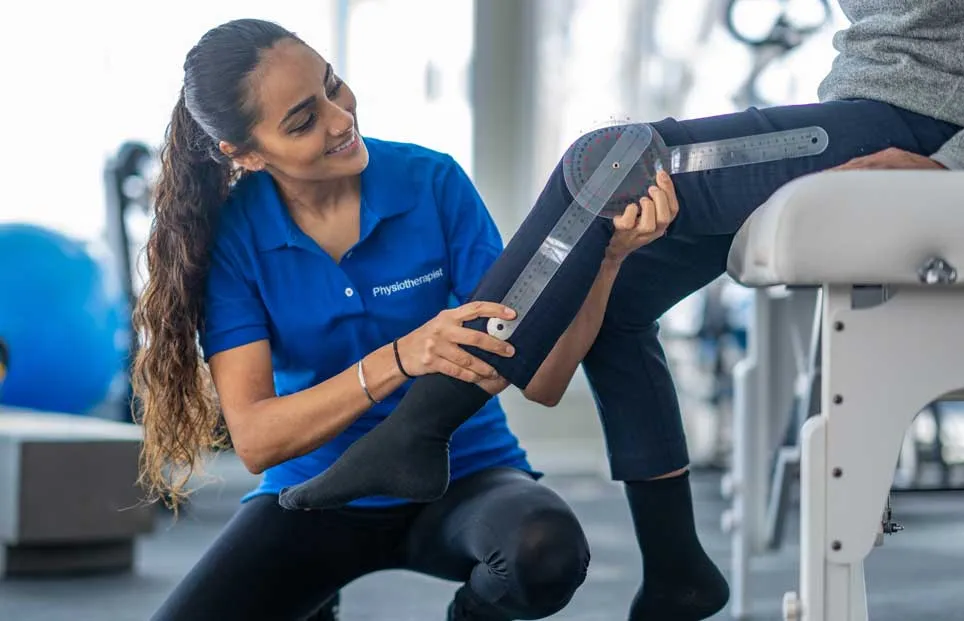Utilizing the Power of Proteins for Effective Muscle Recovery Following Trauma
Wiki Article
Muscular injuries can be quite frequent, especially in athletes or those who engage in consistent fitness exercise. When a muscle is injured, the system undergoes a recovery process that often needs specific nutrients to aid in healing. One of the key important nutrients for muscle restoration is proteins. Protein plays a essential part in repairing damaged tissue, restoring muscle fibers, and encouraging comprehensive recovery after an injury. Understanding the importance of proteins can help individuals create better choices for their diet during the healing procedure.
Protein is made up of smaller components called amino acids, which are essential for multiple functions in the body. There are twenty various amino acids, and 9 of these are regarded as necessary, meaning the system cannot create them on its own. These necessary amino acids must be obtained through food sources. Foods high in proteins, such as meat, seafood, ovum, dairy, legumes, and legumes, provide the required foundations for muscular restoration. Eating these high-protein foods after an injury can improve the system's innate recovery process.

In furthermore to helping fix muscular tissue, proteins aids the defense mechanism and minimizes swelling. After an accident, the body functions hard to recover itself, which can result to swelling in the injured region. Proteins helps to control this swelling, allowing for a more efficient healing. Moreover, sufficient proteins intake can stop muscular deterioration that often happens during times of non-activity or limited movement following an injury. Maintaining muscular tissue is crucial for regaining strength and functionality once healing begins.
Timing and quantity of proteins consumption are also important factors in muscle check recovery. Professionals suggest eating proteins in consistent periods throughout the 24 hours, particularly within a few hours after an incident. This schedule guarantees that the system has a continuous source of amino compounds ready for repair. The common guideline for protein intake varies, but many recommend that individuals healing from an accident should target for about 1.6 to 2.2 units of protein per kilo of body weight per 24 find out here now hours. Including a range of protein sources can also ensure that individuals receive a complete variety of amino compounds for best healing.
In conclusion, protein is a vital nutrient for anyone recovering from a muscle damage. By grasping its function in muscle repair, individuals can make knowledgeable nutritional choices that support their healing process. Consuming a nutrient-rich nutrition rich in high-quality proteins, scheduling meals intelligently, and guaranteeing adequate intake can significantly affect healing results. With proper nutrition and care, individuals can come back to their normal routines more robust and more resilient.